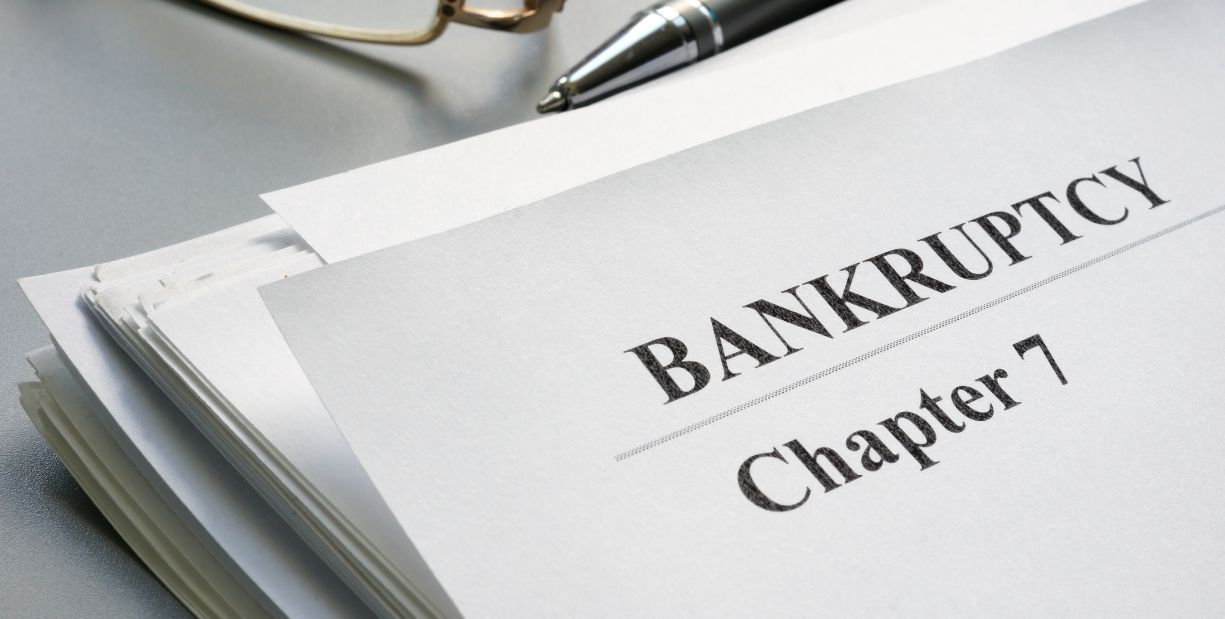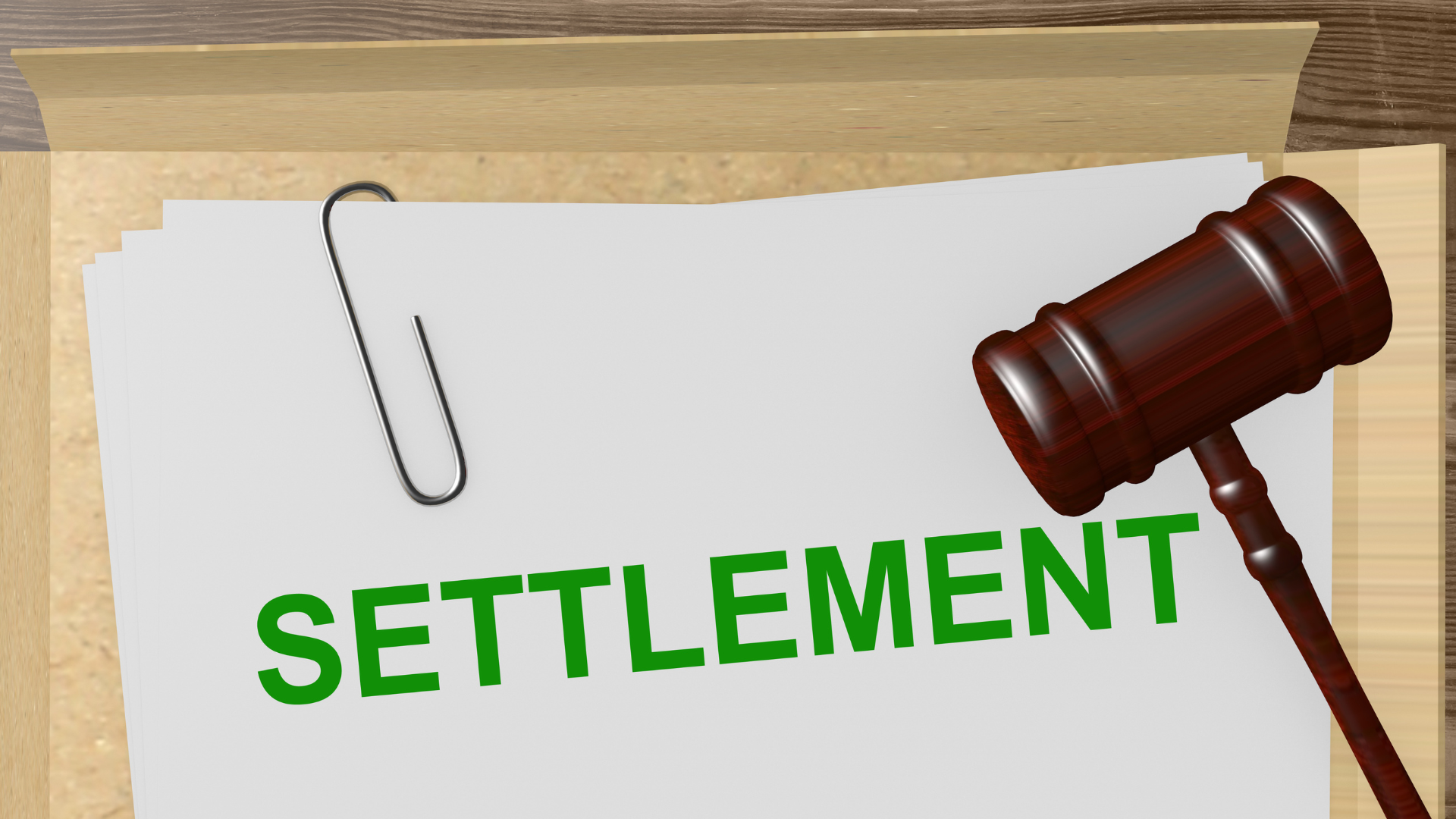How Much Does Filing Chapter 13 Bankruptcy Cost in New York?
How Much Does Filing Chapter 13 Bankruptcy Cost?

In this guide, we’ll walk through the exact costs of filing Chapter 13 bankruptcy in New York, including court fees, attorney fees, required classes, trustee payments, and hidden expenses many people overlook.
What Is Chapter 13 Bankruptcy?
Chapter 13 bankruptcy is a legal process that allows individuals with regular income to create a 3-to-5-year repayment plan to pay back some or all of their debts. It differs from Chapter 7 bankruptcy, which involves liquidating non-exempt assets for a faster discharge. People in New York often choose Chapter 13 if:
- They want to stop foreclosure and catch up on mortgage arrears
- They earn too much to qualify for Chapter 7
- They have non-dischargeable debts (like tax debt or child support)
- They want to protect valuable assets
1. Chapter 13 Court Filing Fee in New York
The base court filing fee for Chapter 13 bankruptcy in New York is $313. This includes:- $235 case filing fee
- $78 administrative fee
2. Attorney Fees for Chapter 13 in New York
Attorney fees make up the largest portion of the cost to file Chapter 13. In New York, most attorneys charge between $3,000 and $6,000, depending on:- Your location (NYC fees are generally higher)
- Case complexity (e.g., back taxes, business income, multiple assets)
- Whether the firm requires upfront payment or offers payment plans
Fee Models:
3. Chapter 13 Trustee Fees
In Chapter 13, a bankruptcy trustee is assigned to manage your repayment plan. The trustee collects your monthly payments and distributes them to your creditors.Trustees are paid via a percentage of your monthly payment, which ranges from 5% to 10% of the amount disbursed. In New York, the average trustee fee hovers around 8%.
For example:
If your total repayment plan is $30,000, your trustee fee might be roughly $2,400 over the life of the plan. You don’t pay this fee separately—it’s built into your monthly Chapter 13 payment
4. Mandatory Credit Counseling and Financial Management Courses
Before and after filing, you’re required to complete two courses from a court-approved provider:5. Miscellaneous Costs
a. Credit Report Fees Some attorneys will pull a full credit report as part of the filing process. Expect to pay $30–$50 if this isn’t included in your flat fee. b. Appraisals or Valuations If your case involves real estate, vehicles, or business assets, you may need to pay for an appraisal. This can cost $150–$500 depending on the asset type. c. Amendment Fees If you need to file amendments to your bankruptcy petition (e.g., new income, assets, or debts), some attorneys may charge an extra fee—typically $50–$200 per amendment.Total Estimated Cost Breakdown
Can You Pay Chapter 13 Attorney Fees Over Time?
Yes. One of the benefits of Chapter 13 is that some or all of the attorney fees can be rolled into your repayment plan. You may only need to pay a small portion upfront—typically $500–$1,500—and the rest will be paid monthly over 3–5 years.
Is Chapter 13 Cheaper Than Chapter 7?
Not usually. Chapter 7 is often cheaper upfront (with attorney fees typically $1,200–$2,000), and there's no repayment plan or trustee fee. However, Chapter 13 provides more protection for your assets and allows you to catch up on debts like mortgage arrears or back taxes.
Tips for Managing Chapter 13 Bankruptcy Costs
- Shop around for attorneys: Don’t just go with the cheapest—you want someone experienced in New York bankruptcy law.
- Ask about payment plans: Many attorneys offer flexible options.
- Stick to your repayment plan: Falling behind can lead to dismissal or added legal costs.
- Keep detailed records: This reduces amendment fees and keeps your attorney’s time (and bill) in check.
Conclusion
Filing Chapter 13 bankruptcy in New York typically costs between $3,400 and $7,000 or more, depending on the complexity of your case and the payment plan’s structure. While the process does carry significant costs, it also offers powerful legal protection and a structured path to get out of debt while keeping your home, car, and other assets.
Before you file, consult with a New York bankruptcy attorney to understand your options, estimate your plan payments, and ensure you’re getting fair representation. In many cases, the relief Chapter 13 provides is well worth the investment.











